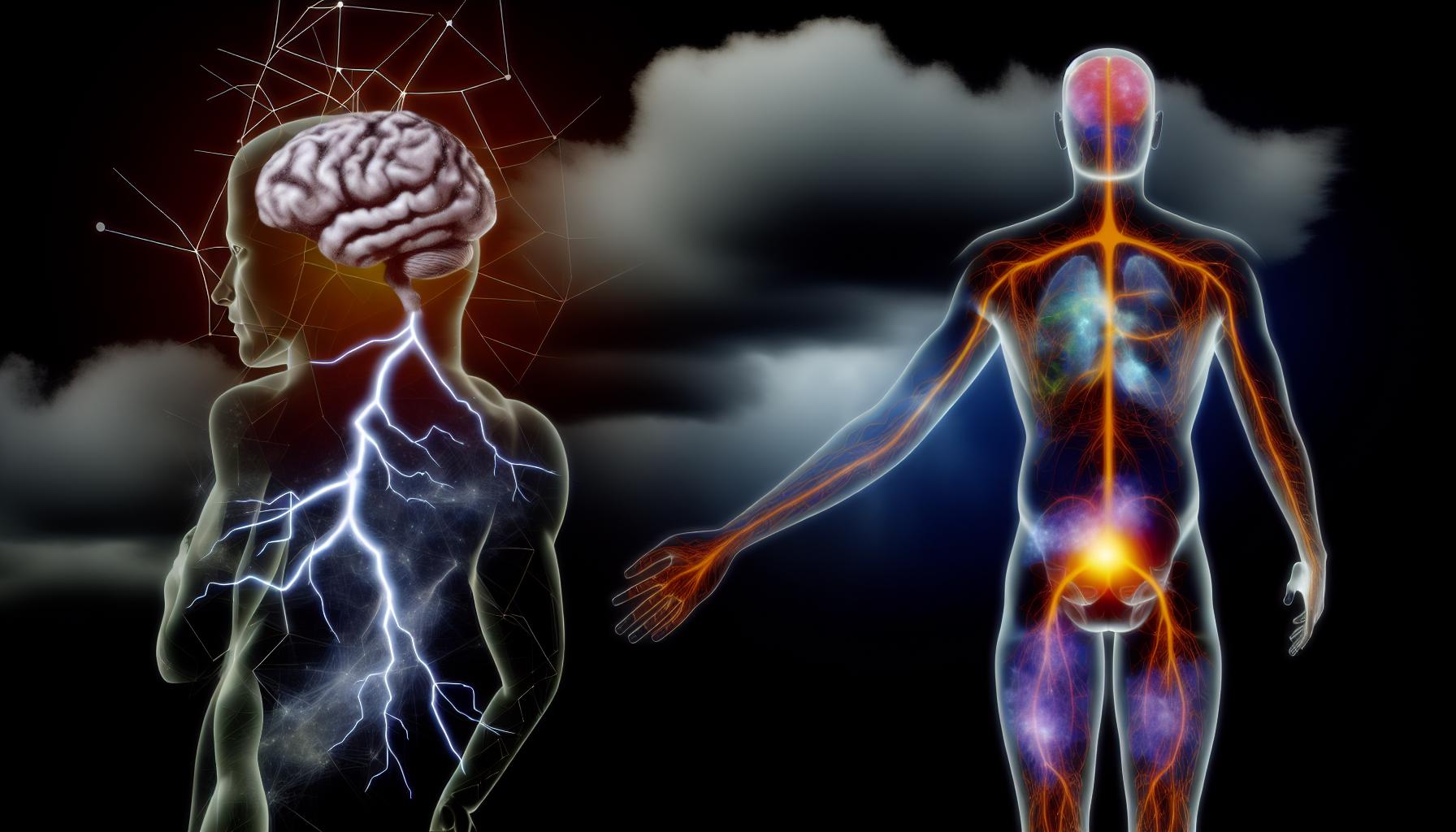.loader { border: 16px solid #f3f3f3; border-top: 16px solid #3498db; border-radius: 50%; width: 120px; height:…

Navigating the Mind-Body Connection: Understanding the Impact of Stress on Your Physical Health.
Navigating the Mind-Body Connection: Understanding the Impact of Stress on Your Physical Health
In today’s fast-paced world, stress has become an inevitable part of our daily lives. Whether it’s work deadlines, family responsibilities, or societal pressures, stress can take a toll on both our mental and physical well-being. The mind-body connection plays a crucial role in how stress affects our overall health, and understanding this relationship is key to finding balance and promoting wellness.
When we experience stress, whether it’s acute or chronic, our bodies go into a state of heightened alert. This triggers a cascade of physiological responses, including the release of stress hormones like cortisol and adrenaline. While these hormones are necessary for our survival in threatening situations, chronic stress can lead to imbalances in our body systems, leading to a variety of health issues.
The Impact of Stress on Physical Health
Stress has been linked to a wide range of physical health problems, from cardiovascular disease and obesity to digestive disorders and weakened immune function. When our bodies are constantly in a state of stress, it can lead to inflammation, high blood pressure, muscle tension, and a compromised immune system. Over time, these effects can increase the risk of developing chronic illnesses and contribute to overall decreased well-being.
One of the most significant ways that stress impacts our physical health is through the gut-brain axis. The gut is often referred to as our “second brain” because of the intricate connection between our digestive system and our nervous system. When we experience stress, it can disrupt the balance of bacteria in our gut, leading to digestive issues like irritable bowel syndrome (IBS), bloating, and constipation. This connection highlights the importance of maintaining a healthy gut to support overall well-being.
Strategies for Managing Stress and Improving Physical Health
Fortunately, there are several strategies we can implement to help manage stress and its impact on our physical health. One of the most effective ways is through mind-body practices like meditation, yoga, and deep breathing exercises. These techniques can help calm the nervous system, reduce the production of stress hormones, and promote relaxation throughout the body.
Regular exercise is another powerful tool for combatting stress and improving physical health. Physical activity releases endorphins, the body’s natural feel-good chemicals, which can help alleviate stress and improve mood. Additionally, maintaining a healthy diet rich in fruits, vegetables, whole grains, and lean proteins can support your body’s resilience to stress and promote overall wellness.
Conclusion
In conclusion, the mind-body connection plays a significant role in how stress impacts our physical health. By understanding this relationship and implementing strategies to manage stress effectively, we can support our well-being and prevent the development of chronic health conditions. Remember, if you need help navigating the complexities of stress and its effects on your health, you can always contact us here.
For more information on the impact of stress on your digestive health, you might also be interested in our past blog post “The Impact of Stress on Digestive Health: Strategies for a Balanced Gut.


Comments (0)